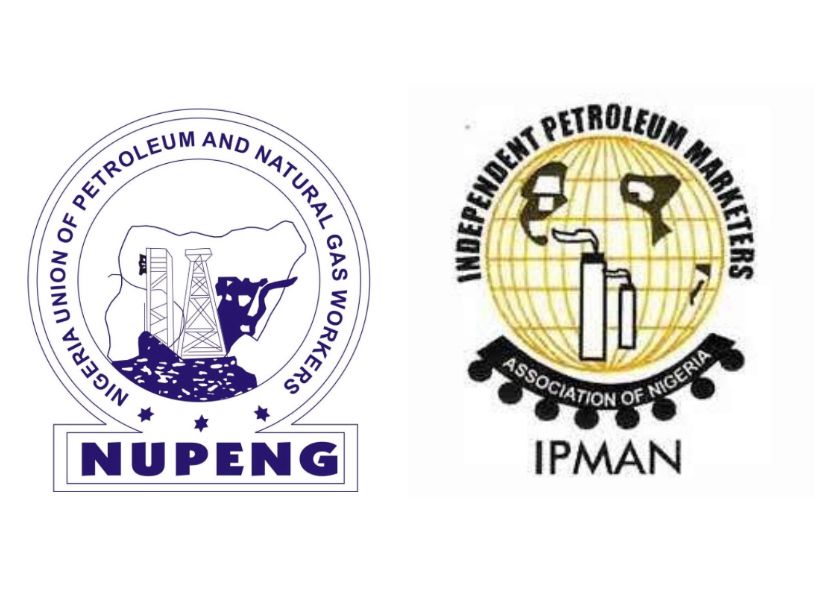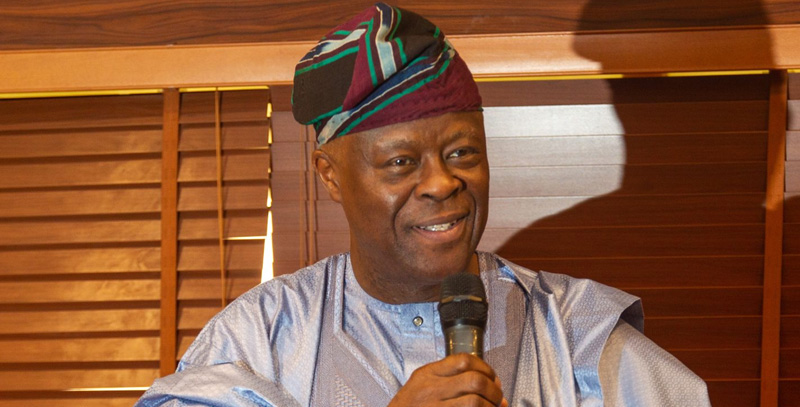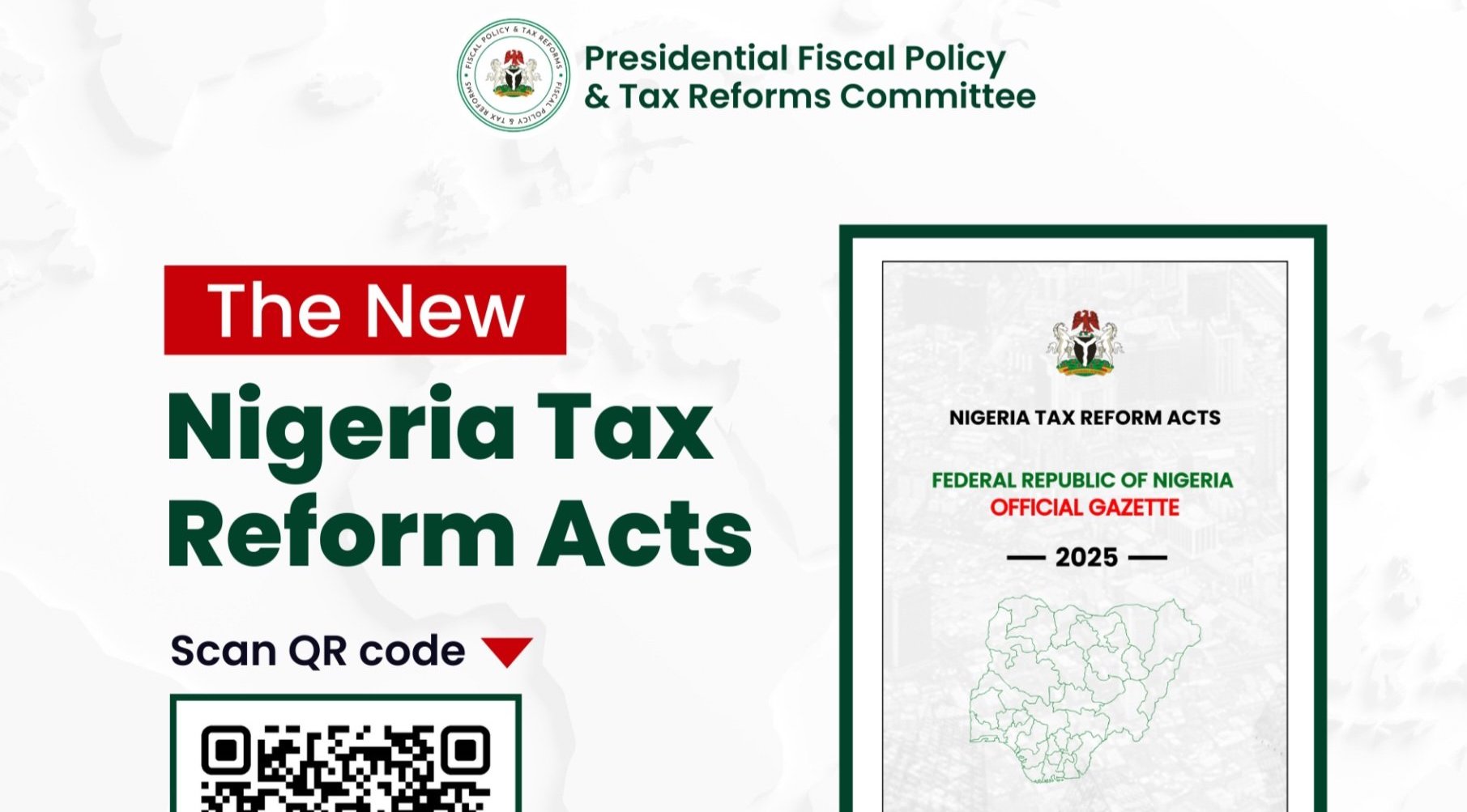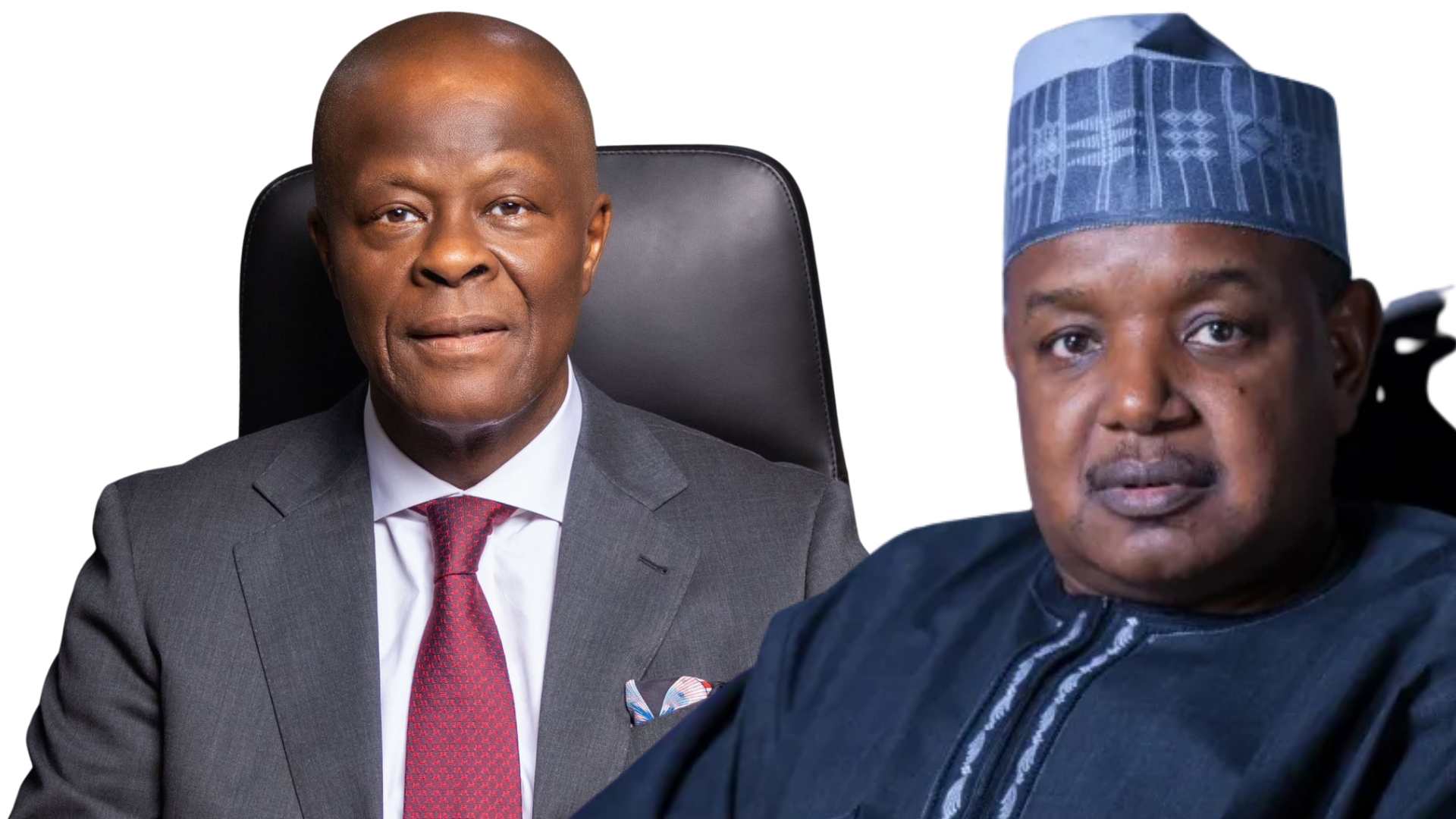Ekpa’s case exposed the tyranny of lawlessness, contends PAT ONUKWULI
Simon Ekpa’s six-year jail term in Finland is more than a foreign court ruling; it is a warning shot to Nigeria. His convictions for terrorism, tax fraud, and incitement show that chasing political goals through violence is not just illegal but doomed to fail. It reminds us that while pushing for Biafra’s self-determination by referendum is legitimate, violence only destroys its own cause. Nigeria’s Constitution guarantees free expression and association, but the way forward lies in ballots, dialogue, and justice, not bullets.
Nigeria’s Attorney General and Minister of Justice, Chief Lateef Fagbemi, underscored this point when he welcomed the Finnish court’s verdict. He described it as a vindication of the rule of law and a demonstration of the global rejection of terrorism in all its manifestations. His remarks recalled Montesquieu’s timeless reminder that “there is no greater tyranny than that which is perpetrated under the shield of the law and in the name of justice.” In Ekpa’s case, the law has exposed not tyranny but the tyranny of lawlessness itself. The Nigerian state, by contrast, must ensure that its own application of justice does not become selective, punitive, or politically expedient, lest the shield of the law be used in the very manner Montesquieu warned against.
The Nigerian Constitution is explicit in its guarantees of freedom of association, assembly, and political expression. To advocate for self-determination, even for outright secession, is not by itself unlawful, provided it is carried out peacefully and within constitutional parameters. John Rawls, in his theory of justice, notes that “in a just society the liberties of equal citizenship are taken as settled; the rights secured by justice are not subject to political bargaining.” Nigerians must therefore recognise that the freedom to agitate for regional autonomy peacefully is a liberty secured by justice itself. What delegitimises a cause is not the aspiration, but the method.
Globally, examples abound of lawful agitation for self-determination. Scotland’s 2014 referendum, the amicable dissolution of Czechoslovakia, the break-up of Yugoslavia, and the birth of South Sudan all illustrate that the ballot, not the bullet, is the legitimate vehicle for determining the political destiny of a people. As H.L.A. Hart argued, the foundation of a legal system is not coercion but the acceptance of rules as standards of behaviour. Ekpa, by resorting to coercion, rejected this principle, and his conviction is a natural consequence of that rejection.
By contrast, the continued detention of Nnamdi Kanu, despite numerous legal questions surrounding his rendition and trial, casts Nigeria’s own fidelity to the rule of law in a troubling light. The Kenyan High Court has already ruled that his rendition was unlawful, unconstitutional, and a violation of fundamental rights. To persist in holding him without conclusive adjudication risks eroding the very legitimacy of Nigerian justice. Rawls cautioned that justice delayed or denied corrodes the foundations of a fair society, while Hart reminded us that the effectiveness of law depends on its moral authority. Kanu’s prolonged incarceration imperils both.
At the heart of separatist agitation lies the enduring question of marginalisation. Federalism, when functioning correctly, distributes power in a way that accommodates plural identities. In the United States, Germany, Switzerland, and the United Kingdom, federalism, or robust devolved governance, has provided a framework for inclusion. In Nigeria, however, federalism has too often been eroded into a unitary structure, concentrating power at the centre and alienating those on the margins.
This drift fuels discontent, and no matter the rhetoric from Abuja, many communities, particularly in the South-east, but also in other zones, perceive themselves as excluded from the Nigerian promise. In the South-east, the heavy and often conspicuous military presence, coupled with roadblocks that have become part of daily life, creates the impression of a region under siege rather than one embraced within a federal union. The continued incarceration of one of its most emblematic leaders only reinforces this sentiment, breeding disdain, deepening alienation, and fostering a quiet but growing defiance.
The Nigerian Civil War remains a searing scar in the nation’s memory, a conflict in which millions of lives were lost to preserve the country’s unity. Mothers buried sons, children grew up fatherless, and entire communities were starved into submission, all in the name of keeping Nigeria as one. To allow today’s grievances to fester without redress would be to betray the memory of those sacrifices. Unity, purchased at such a terrible cost, must not be treated as a typical birthright but as a covenant requiring constant renewal through fairness, inclusion, and justice.
The lesson of Simon Ekpa is, therefore, justice has been served, not against the idea of Biafra, but against the reckless abandonment of lawful means in pursuit of it. The idea of Biafra, controversial as it may be, cannot be bombed into oblivion or legislated into silence. It must be engaged, confronted, and, if necessary, tested at the ballot box. For, as Montesquieu observed, “to become truly great, one has to stand with people, not above them.” Nigeria must stand with its diverse peoples, not over them.
The challenge before Nigeria is stark but not insurmountable. To preserve its unity, the nation must embrace fairness over force, ballots over bullets, and dialogue over repression. It must heed the wisdom of Rawls, who insisted that justice is the first virtue of social institutions, and of Hart, who reminds us that the legitimacy of law lies not in its power to punish but in its acceptance by the people. Justice for Ekpa abroad is instructive, but justice for Kanu at home is imperative. Only when justice is objective, swift, and impartial can it command respect across Nigeria’s many divides.
Peace, as Martin Luther King Jr. said, is not the absence of war but the presence of justice. For Nigeria, the way forward is unmistakable: to secure its unity, it must build a federal republic founded on fairness, governed by ballots rather than bullets, and sustained by dialogue rather than repression. Only then will the nation transform its diversity from a perpetual fault line into its greatest strength.
Dr. Onukwuli, a legal scholar and public affairs analyst, writes from Bolton, UK.
Email: patonukwuli2003@yahoo.co.uk
The post AFTER EKPA: BALLOTS, NOT BULLETS appeared first on THISDAYLIVE.







